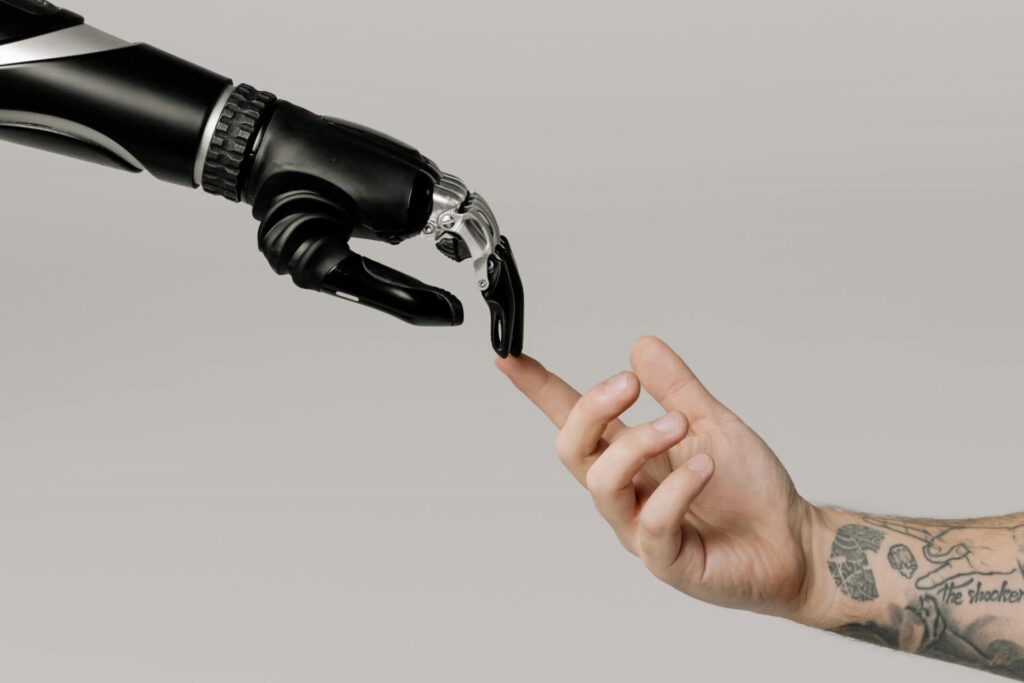Some of the links below may be affiliate links, meaning, at no additional cost to you, I will earn a commission if you click through and make a purchase.
This post is an opinion piece and reflection about the ever-increasing value of the physical book in the age of digital devices and virtual reality. Some of the links shared below are affiliate links. Enjoy the read!
What is a book? It is a vehicle for the dissemination of ideas and knowledge. It is the door that opens up to reveal a thousand new worlds. It’s connection and escape. The result of human ingenuity. The product of technological advances. And the building block for posterity—the legacy of individuals and groups.
The book as we know it today was another Renaissance leap forward. Thanks to the Gutenberg Printing Press, bound printed books became available to the masses. And, thanks to social and religious changes, the masses began to be taught to read, and writers began to embrace and in many ways co-create their local vernacular; German, Italian, French, English, Spanish, etc.
The old manuscripts, painstakingly crafted and kept by monks behind the high walls of abbeys, the collections of scrolls and codexes, gave way to a new and democratized form of communication, the printed book, ever cheaper and quicker to make.
Thanks to the convergence of invention, resources, and the need to express ideas and share stories, the novel came forth, popularized reading as a pastime, and the rest is history.

The Physical Book: Why Does It Matter, Why Do We Care?
Is it worth preserving the book as a tangible object? Does it matter when so many of us can access ever-expanding digital content on our devices, including classic works of literature that are now digitalized?
It matters because the physical book is part of our history. Physical books are entwined with human events in one way or another, and some of their darker chapters involve hiding, damaging, or burning physical books, and the deep sense of loss, responsibility, and shame we collectively share.
We care because we are aware of history and have lived through it. The act of holding, leafing, and reading a physical book engages our senses in a way no digital book could ever do. Touch, smell, hearing, and sight become activated. We have to use our fine motor skills to flip pages carefully.
All readers benefit from this experience, but young readers even more so. The physical book is a vehicle for the active use and development of the senses, as much as it is a tool for reading.

To Print or Not To Print: Is That the Question?
Not printing is the answer in the digital age. It’s cheaper and more convenient, and it allows more books to be published and available in the marketplace. As a blogger, I’m taking advantage of the consumption of content in a digital form. You are probably reading this post on one of your smart portable devices.
I’m glad there are more options for readers to connect with ideas, points of view, and stories. I know there are readers today who would not read otherwise, feel somehow put off by the thickness and weight of a physical book, but have embraced the ebook with open arms.
Yet, by printing a story and binding the pages together, the thickness and weight that to some might seem cumbersome make it a real object and a tangible experience.
Holding the book, flipping its pages, feeling its texture, smelling the crisp new pages, or the old and battered ones, even getting some ink smudges on your fingertips, everything adds up. And when you close the book, and put it away, it becomes a beautiful object of contemplation, a delicate treasure.

Looking Ahead: Physical Book of the Future, Treasure of the Past
Yes, the physical book is a treasure; from the technology and ingenuity that led to its creation to the knowledge, wisdom, whimsy, and delight found on its pages.
Each book is a celebration of human achievement, as influential and pivotal to our progress as the wheel. Each one is a codex of our written language, in all its beautiful iterations.
I don’t know what the future holds for the physical book. That story has not been written yet. The story of the physical book in the digital age is evolving as we humans are also moving through this change and transformation.
With the seemingly unstoppable coming of AI, as humans take for granted, and eventually forget the physical book as just another remanent of their cumbersome past, will the machines be the ones to embrace it, cherish and keep it as a way to connect to their human creators and help them express their own new version of humanity? (Just like we did one day.)

Final Thoughts
The physical book was our creation, a step forward in the information revolution that has made possible the world we have today. Stone blocks, mortar, wood, brick, and steel allowed us to build and grow civilizations. Those architectural achievements still amaze us today for their complexity and grandeur.
The evolution of spoken language allowed us to come together, and form communities around shared stories, values, and rules. It helped us make sense of the world, and find deeper meaning in our daily existence. With visual art, music, and song we created the foundations of culture and identity.
But there was a need to leave more than buildings and monuments, art and music. At some point, one of our ancestors decided to record information physically, not leave it only to memory. Simple scratches first recorded quantities and things; cattle, grains, transactions, and stocks.
And then, someone had the intrinsic need to record ideas. Ideas that could last beyond the decay of buildings and the loss of cities. Each book in your possession is a physical testament to that creative soul.
It is your heritage.
- The physical book is part of our history.
- The physical book is a vehicle for the active use and development of the senses, as much as it is a tool for reading.
- The physical book is a beautiful object of contemplation, a delicate treasure.
- Each book is a celebration of human achievement.
Recommended Readings:
- Are Physical Books Still Relevant in the Digital Age?
- What is the Future of the Book in the Digital Age?
- 4 Reasons to Own Physical Books in the Digital Age
Is there a literary topic you are pondering? Tell me about it in a comment below 😉















